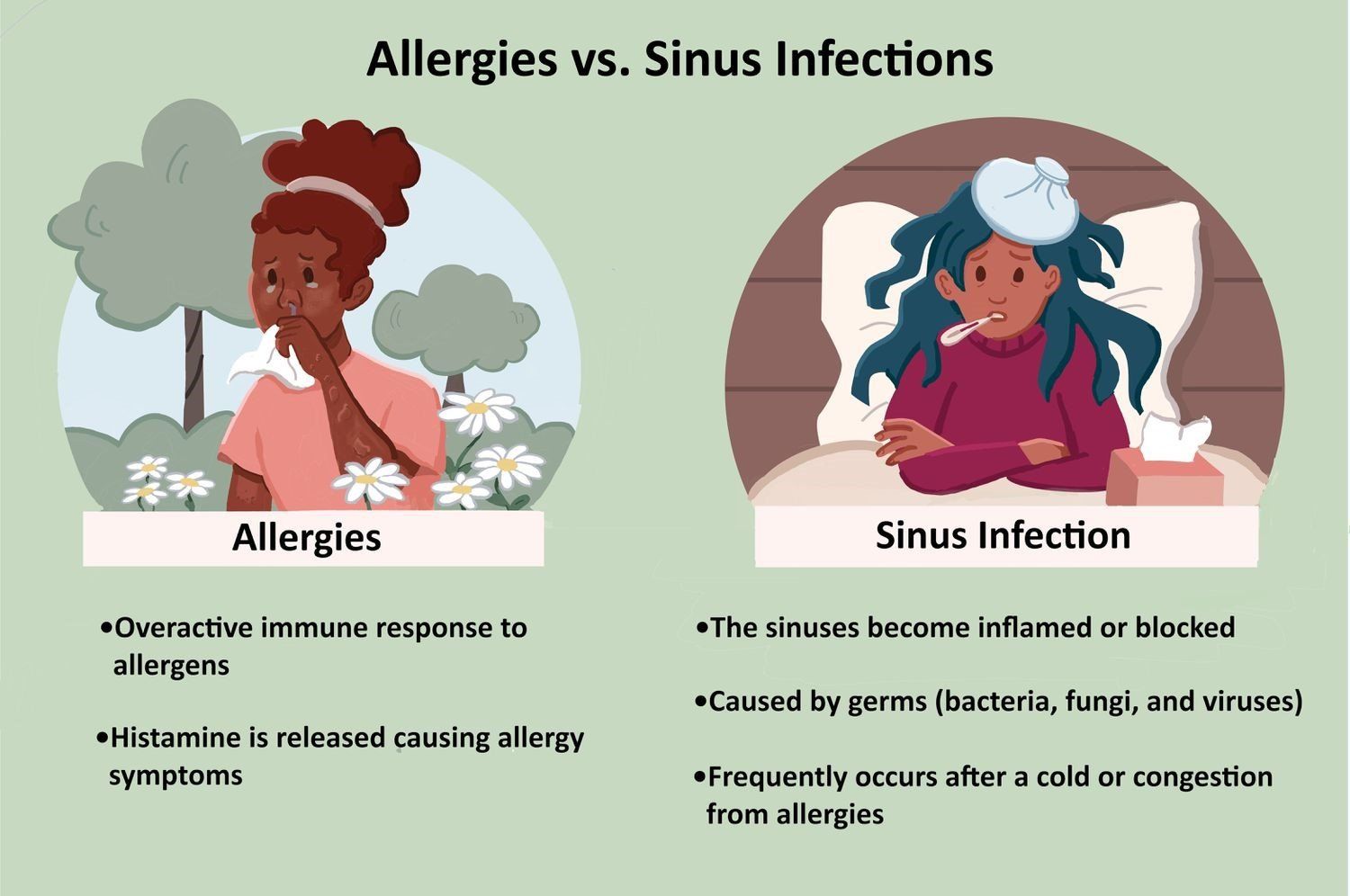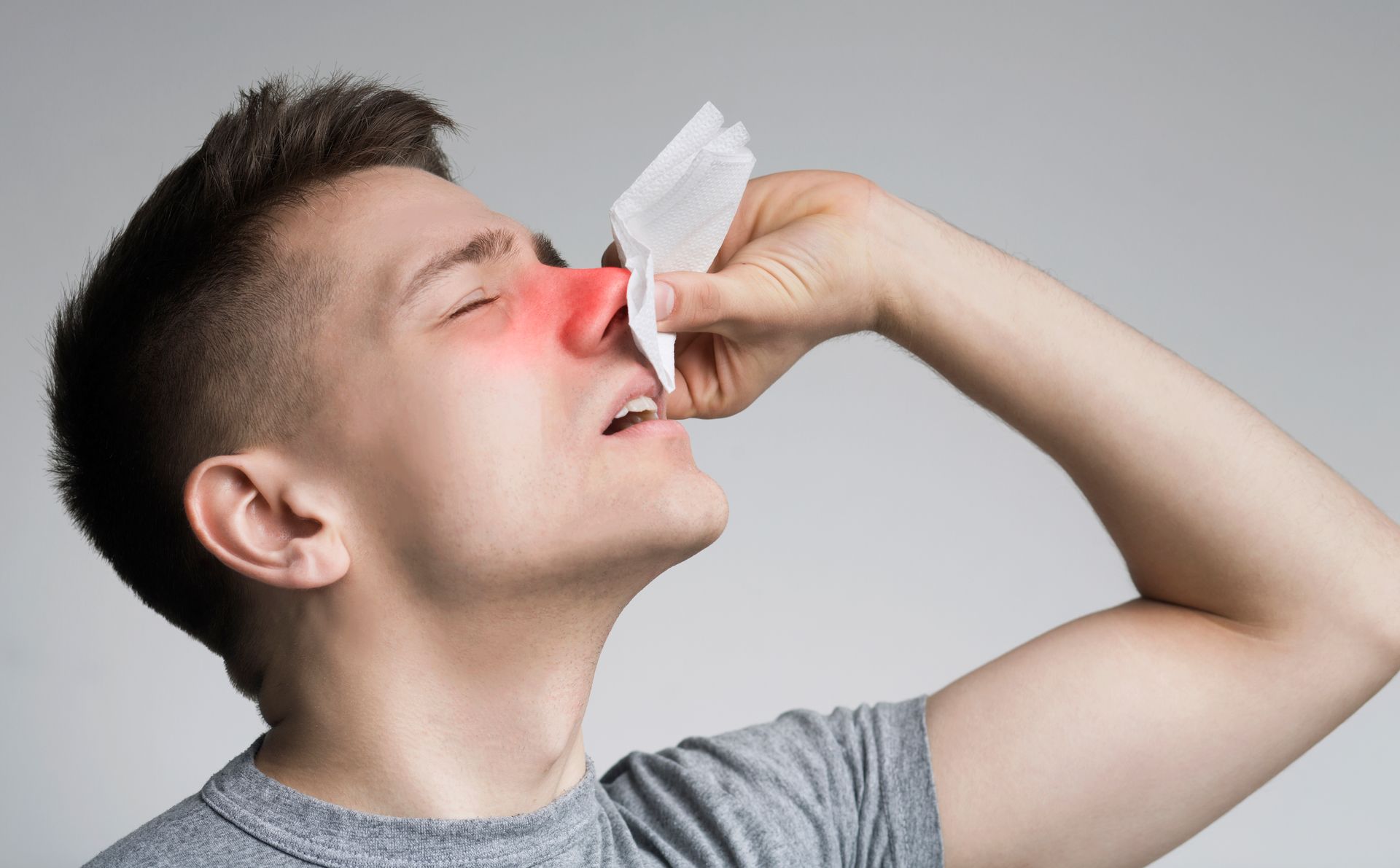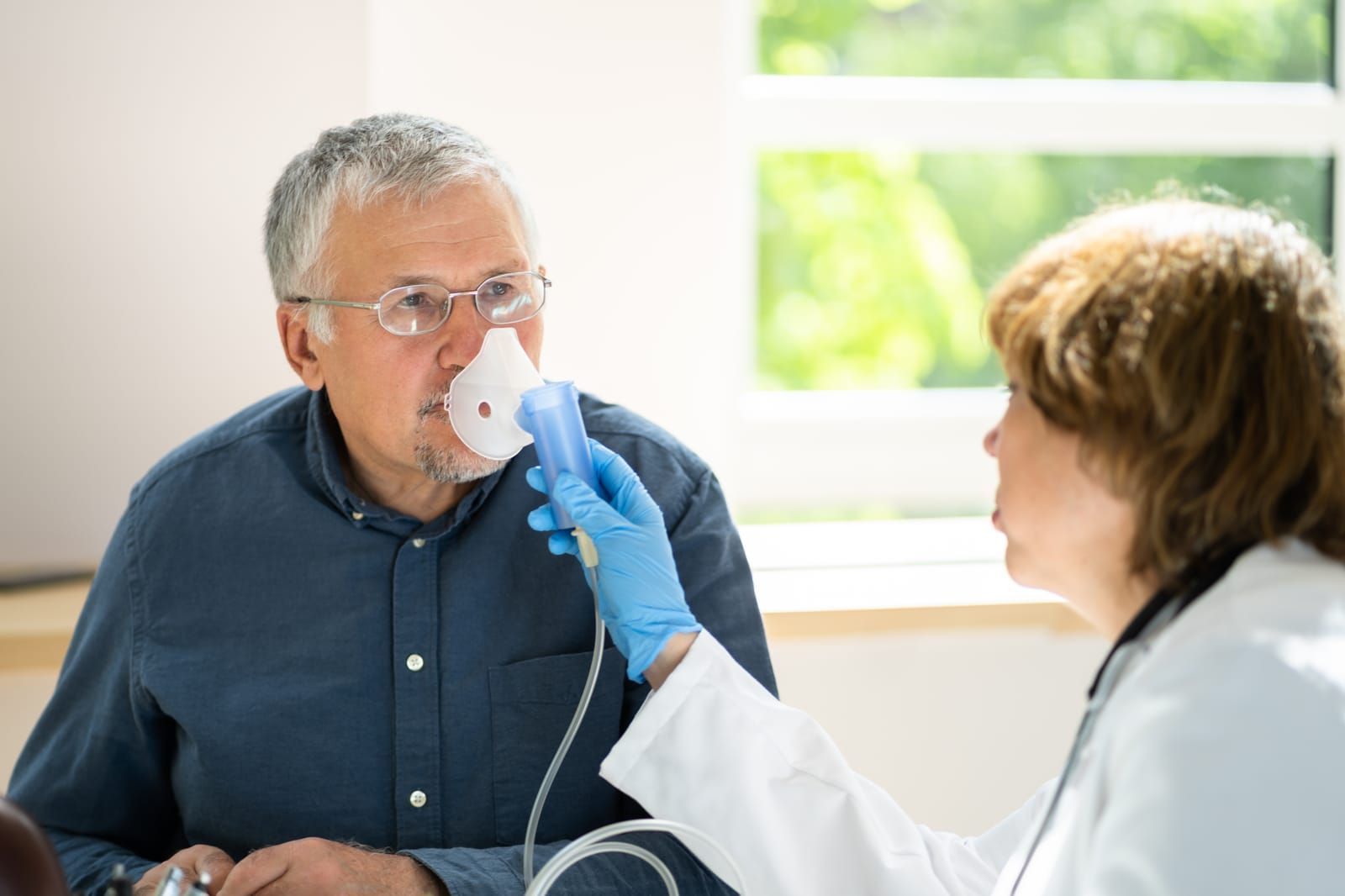How Do I Know if It’s Sinus Issues or Just Allergies?
There are a few key ways to tell the difference between sinus issues and allergies. One is the itchiness of your eyes and skin that can occur with allergies, as well as the presence of watery eyes. If you have a stuffy nose, congestion, and pain or pressure in your face, it's more likely you're suffering from sinusitis. However, if you have a runny nose and sneezing, it's more likely that you have allergies.

Symptoms
If you're wondering whether your runny nose and watery eyes are due to allergies or a sinus infection, there are key differences in symptoms. Allergies typically cause itchiness in the eyes and skin, while sinus infections usually cause pain or pressure in the face. If you have a weak immune system, you're more likely to develop a sinus infection. Treatment for allergies typically involves avoiding triggers and taking over-the-counter medications, while treatment for a sinus infection may require antibiotics.
Causes
If you’re not sure whether your sinus issues are caused by allergies or a sinus infection, there are a few key ways to tell the difference. Allergies typically cause itchy, watery eyes, while a sinus infection can cause pain or pressure in the face. Other symptoms like a runny nose, congestion, and sneezing can be caused by both allergies and a sinus infection. If you’re still unsure, your best bet is to consult with a doctor who can take a detailed medical history and perform a physical examination.
Allergy Testing
If you're not sure whether your symptoms are caused by a sinus infection or allergies, there are tests that can help confirm the diagnosis. A sinus CT scan or sinus imaging can help doctors see the anatomy of the sinuses and look for signs of infection. Allergy testing involves exposing a person to small amounts of allergens and observing the body's reaction. Skin prick testing is the most common type of allergy test. If you have allergies, your doctor may also recommend avoiding triggers and taking medications to relieve symptoms.
Treatment
If you're not sure whether your runny nose and congestion are due to allergies or a sinus infection, it's important to see your doctor for proper diagnosis. While the two conditions share many symptoms, there are key ways to tell them apart. Seasonal allergies will typically cause itchy, watery eyes along with other symptoms, while a sinus infection is more likely to cause thick nasal drainage, altered smell, and nasal obstruction. Treatment for the two conditions is also different - allergy sufferers can find relief with antihistamines and nasal sprays, while those with sinusitis may need antibiotics or even sinus surgery.
When to See a Doctor
The symptoms of allergies and sinusitis can be very similar, making it difficult to figure out which one you might have. Both can give you a stuffy nose. If it's allergies, you may also have: runny nose, watery eyes, itchy eyes or throat. Sinus infection symptoms may occur in both acute and chronic forms. One way to distinguish allergies from a sinus infection is itchiness around the eyes. Eye itchiness is very rarely a symptom of a sinus infection. If you develop symptoms that aren't typical for you or if symptoms don't get better with over-the-counter remedies, it's best to see a doctor so they can properly diagnose and treat your condition.
Snot Force Alliance Inc brings specialists together to treat nose, sinus, and airway-related conditions. We offer various collaborative opportunities for medical experts, clinics, and researchers. If you would like to learn more about clinical trials, contact us.












